
We used to think a sliding screen door was good enough — something to keep out flies and maybe offer a little privacy. But after a break-in on our street, we started paying closer attention to how vulnerable the back of the house really was.
What started as a quick browse for a replacement turned into a deeper dive into frame strength, mesh type, and lock quality. That’s when we realised just how different steel security sliding doors are from the lightweight flyscreens most of us grew up with. They’re built to resist more than bugs, and you can feel it the moment you open one.
Most homeowners don’t think about the details until something happens. But the right sliding door does more than look secure — it forms part of a proper entry barrier. Here’s what to keep in mind if you're rethinking how your home handles safety and access.
What separates a true security door from the rest
Marketing claims aside, plenty of doors that get sold as "secure" aren't necessarily up to the task. A lot of what’s on display at hardware stores can look convincing, but scratch the surface — literally or figuratively — and it becomes clear they’re built for light-duty use, not actual resistance.
If you want something that’ll actually stand up to a forced entry attempt, here’s what to look for:
Material strength: Aluminium frames are common, but steel generally offers more rigidity
Locking mechanisms: The more locking points, the harder the door is to breach
Mesh type: Stainless steel mesh is harder to slash than standard screen materials
Fixings: Tamper-resistant screws and internal hinges reduce weak points
Compliance: Tested products under AS5039/5041 standards offer peace of mind
We learned this the hands-on way. We had two quotes side by side — one door looked heavier, but once opened, the frame flexed with ease. That moment told us what we needed to know.
Rethinking your home’s overall approach to security
Upgrading your door is a great move, but on its own, it’s not a fix-all.
We started paying attention to other things, like the shadowy side gate that barely latches, or that motion sensor that hasn’t worked in months. Turns out, those small oversights could cancel out the value of a new door entirely.
The NSW Police’s advice on home safety helped us shift our mindset. We were thinking in silos — one problem, one fix — when what we needed was a full picture. Physical security has layers. Lighting. Visibility. Gate access. Even mailbox placement.
A door helps, sure — but it’s most effective when paired with all those other elements working in your favour.
That said, it's easy to forget about the basics. We realised our porch light was still using a dead globe. Stuff like that matters more than people think. No door can make up for a pitch-black entryway.
What to ask when comparing door options
A slick finish doesn’t mean a well-engineered door. That became clear after we spoke with two different installers — one focused entirely on colour options and mesh styles, while the other spent more time checking our tracks, seals, and frame condition.
It’s worth asking these questions before committing:
Can it use the existing frame, or will new tracks be needed?
Does the mesh handle coastal conditions like salt and humidity?
Are the locks going to work with your current setup?
Will the fit interfere with doors, windows, or pets?
It may feel awkward to quiz a contractor, but trust us — asking a few extra questions upfront could save hours of frustration later. If they can’t answer with confidence, it’s a red flag.
Improving access and use with a modern upgrade
One of the biggest surprises was how much more we used the backyard once the new door went in. It wasn’t just safer — it was more practical.
We could keep air flowing without worrying about bugs or strangers sneaking in. Kids went in and out without banging or jamming old sliders. The dog got his own flap.
One personal story we came across about installing a sliding security door in a high-traffic patio space matched our own experience. It helped put language to the everyday functionality — things we only appreciated after using it for a few months.
And that’s the thing. It’s not always about heavy-duty protection. Sometimes, it’s about making your space work better, and the security is just a bonus.
The little things mattered too — the quiet glide of the new rollers, the stronger magnetic catch. Tiny improvements that just made everyday use more pleasant.

Factors that influence the durability of door screens
Once you start comparing screen types, it gets confusing fast. Everything sounds good in brochures — corrosion-resistant this, triple-layered that. But when you’re face to face with the options, you start seeing the real trade-offs.
Grille-style screens: These are affordable, but airflow tends to suffer
Stainless steel mesh: Tough, keeps the view open, ideal near the coast
Aluminium mesh: Lightweight, but more prone to bending or dents
Mixed-material frames: Good for tough climates, but not always visually subtle
An expert comparison we reviewed explained how screen doors vary depending on their mesh type, finish, and structural strength. Matching materials to your local conditions really does make a difference.
It's one of those details that feels small at first, until the first coastal storm hits and you're dealing with warping or rust. That's when your door either proves its worth or becomes a regret.
Final thoughts on practical home protection
Sliding security doors don’t solve everything, but they might make all the difference when it counts.
It’s about building a home that feels strong without feeling locked in. That might sound contradictory, but that’s what our setup gave us. The door’s there. It locks. It holds up. And when you open it, the fresh air comes in like always.
We didn’t plan to feel any different. We just wanted a better screen. But once it was installed, the mental shift was noticeable.
Since installing ours, it’s become second nature to lock it behind us, without feeling cut off from the outside world. And that balance of safety and usability? It’s what made the upgrade worth it.
Security, in the end, isn’t about paranoia — it’s about preparedness. It’s not about turning your home into a fortress, but making it just difficult enough that intruders move on. Sliding doors are a great way to do that quietly and efficiently.

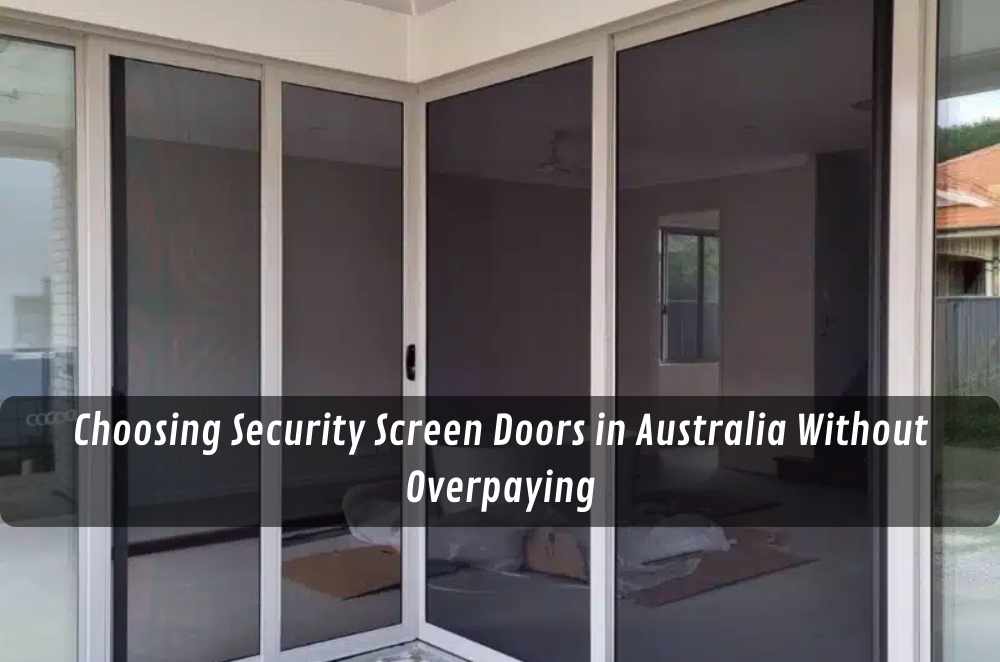
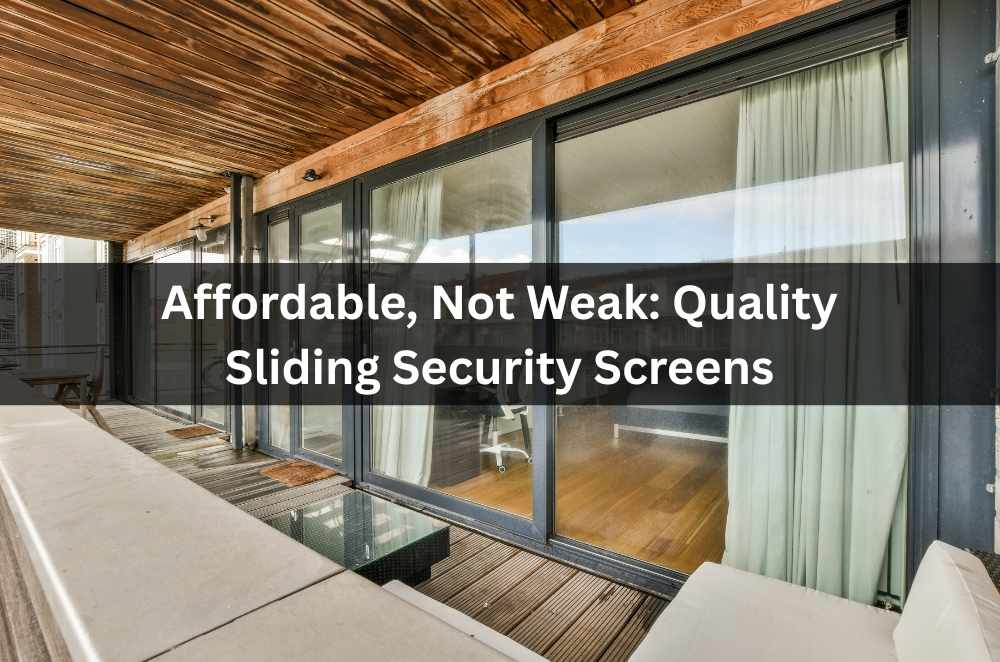
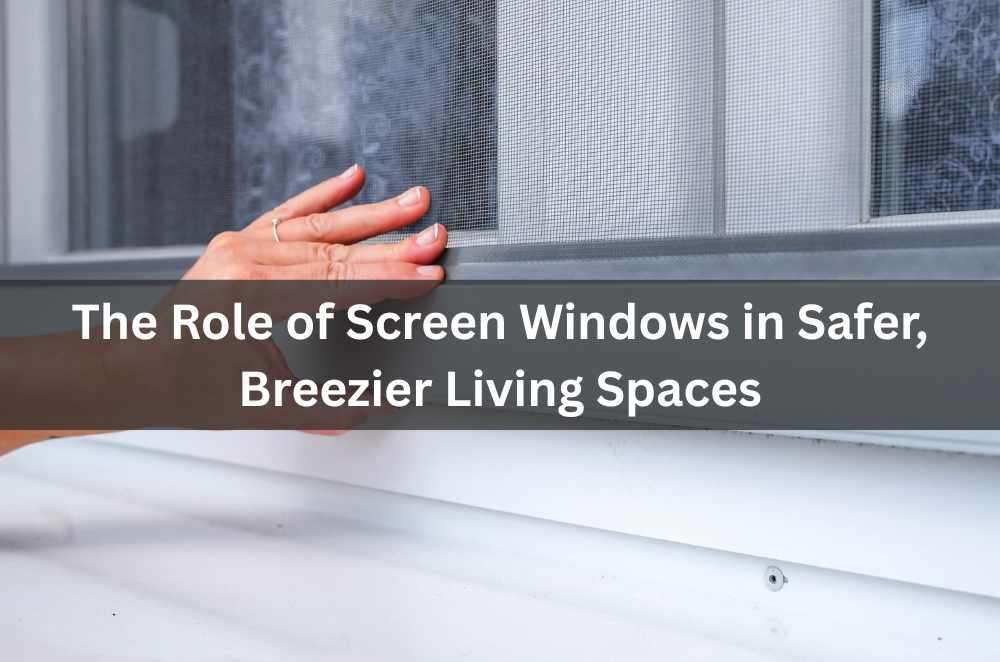
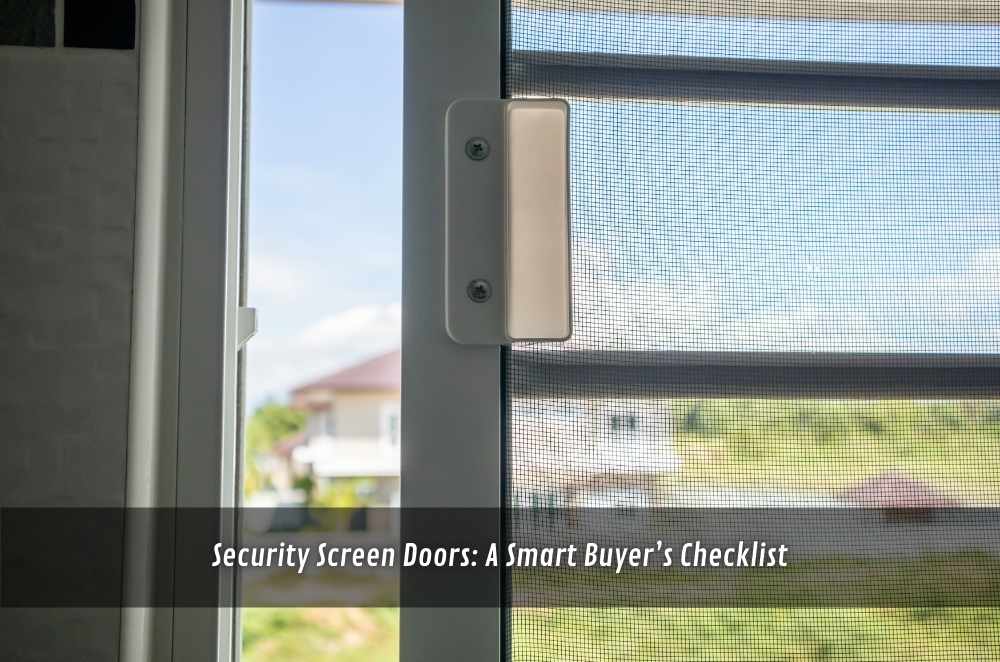
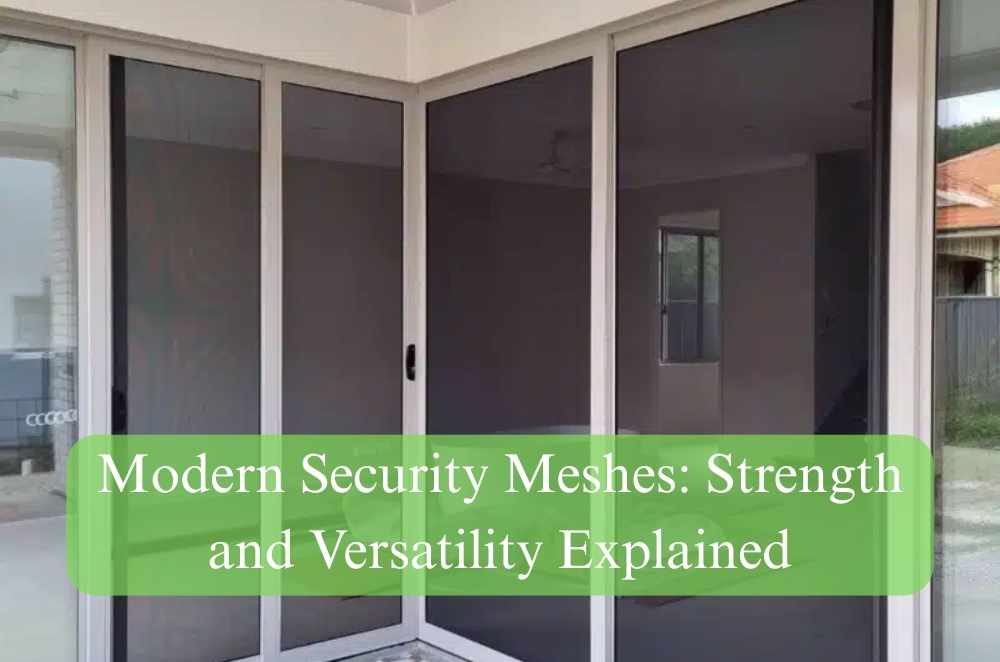


Write a comment ...